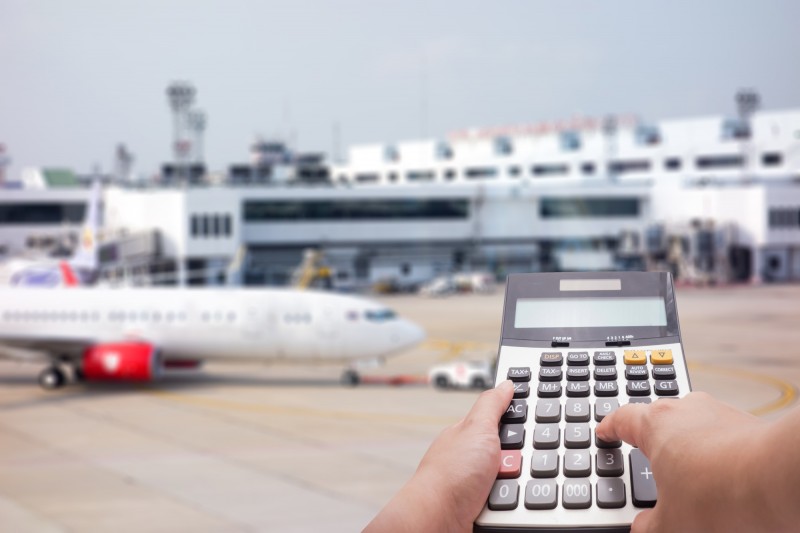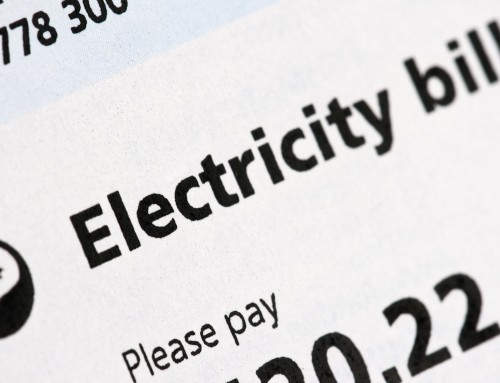More and more people are traveling than ever before. But, you may find yourself sitting on the couch wondering how they are doing it.
Isn’t traveling expensive? Don’t costs add up between flights and hotels, not to mention all the food and fun to be had?
For some people, yes – a vacation budget can look more like a spending spree. But, for others, adventures are easily accessible with the help of low-cost travel knowledge.
Figuring out how to travel frugally isn’t rocket science. It just takes a little bit of advice to get started, and the more experience you have, the easier saving becomes.
Here are ten low-cost travel tips to keep in mind when your next adventure urge hits.
1. Balance Wants and Needs
The first thing to understand about traveling on a budget is your budget.
Take a close look at your finances. Determine how much you are able to spend on all the costs you expect to have. This means travel logistics as well as the unique experiences you are traveling for in the first place.
Leave enough room in your expenses to do the things you absolutely can’t leave without experiencing.
Maybe this is splurging on Broadway tickets in New York City or having a nice dinner in Madrid. Whatever your dream activity is, plan to accomplish it at your destination.
2. Travel When Everyone Else Doesn’t
Speaking of your destination, try not to go to Paris or Rome or Sydney or LA when everyone else is headed there, too.
Many popular destinations fluctuate between high and low seasons. High season is when all the travelers flock to a certain place. Flight and hotel rates usually spike with the crowds.
Low season, on the other hand, is prime time for low-cost travel. This is when a certain place isn’t expecting as much traffic. You can score on cheap flights and book hotels without as much out of the bank.
Look up the seasons for the places you have in mind. Then, plan your visit accordingly.
3. Pack Smart
Just as you need to match travel with the right timing, you need to know the right things to bring with you.
Try to pack lightly, but be well-prepared. This ensures you don’t have to make any last-minute or emergency purchases. It also means you won’t have to check as many bags when you go to the airport.
Take a small travel umbrella or light rain jacket, even if you’re planning to explore a tropical island for a week. Always have one nice outfit too, just in case.
Also, stick a few solid snacks – like nuts, dried fruit, or chips – in your carry-on. This will lower how much you spend at the gate, although you should definitely plan to buy water for the flight.
4. Fly Smarter
Flying with less luggage and the right snacks are only the tip of the iceberg when it comes to flying smart.
Plane tickets are often perceived to be the most expensive part of a vacation. But, when you use low-cost travel tips to purchase them, you may end up saving more than you think.
Fly on a weekday if you can. Not a Friday or a Monday, either; the middle of the week is your best low-spending opportunity. Search for flights on a private browser and purchase a ticket as far enough in advance as you can.
If more traveling is a priority this year, consider signing up for flight alerts. These usually come with a subscription or monthly fee, but they have the possibility of saving you hundreds everywhere you go.
5. Use Public Transportation
Half the fun – and a significant part of your spending – is getting there.
Once you’ve arrived at your destination, make use of the local transportation system.
Research the different kinds of passes available for underground transport, tri-rails, and bus systems. Some options may be more money up-front than others, but they could end up being the only local travel expense you need!
But, budget a bit for emergencies, too. Leave a little side spending for that cab you may need to take in the middle of the night or the bus ride out of the city and back to the airport.
6. Be Flexible
Sleeping arrangements should be your next priority after plane tickets and transportation details.
Don’t be afraid to try something new if it means you can maximize your low-cost travel opportunities.
Look for lodging on home-sharing pages, hostels, and even couch-surfing opportunities. Maybe even call up that distant relative you know lives near where you want to go.
Such plans may take you a little out of your comfort zone, but that is part of the experience! Not to mention, you will have more money to actually use as you explore where you are.
7. Watch What You Eat
As you explore, you’re bound to get hungry.
However, you shouldn’t be spending all of your money on food. Stock up on snacks once you reach your destination and take them with you wherever you go. Carry around a reusable water bottle if you can as well.
More so, research the best places to eat for your buck and your taste buds.
Low-cost travel does not have to be a basic diet. It can be a world of flavors at a reasonable price, you just have to know where to find the right eats.
8. Take Advantage of Free Experiences
Researching food on travel pages may lead you to more budget-friendly information.
Many popular destinations have free tours or cheap experiences offered by a variety of companies.
Some will be walking tours throughout the whole city, which give you your bearings as well as a bit of history and fun facts. Others will be day trips or guided excursions to taste the flavors of the region on a budget.
Such opportunities are different everywhere you go. But, there is almost always something available to give you a little bit of everything without spending all you have.
9. Play Hard, Work Light
If you are truly worried about your travel costs, make time for work while you’re away.
If your regular job doesn’t allow for remote work or flexible hours, do something different to earn a bit of cash. Bartend or offer another trade to a business where you are staying. Or, work for your stay instead of paying for it out of pocket.
These may seem a little far-fetched, but they are more available to you than you might think. Plus, they can stretch your funds pretty far.
10. Manage Your Debt
Although working here and there can add up over time, the best low-cost travel tip is to manage the funds and expenses you already have.
This isn’t something you should do when a vacation is around the corner.
It is a habit to take on in your daily life. Whether you are paying off student loan debt or just signed a new car deal, debt management is the key to more traveling.
If you’re having trouble managing your debt on your own, Bonsai Finance can help.
The Big Rewards of Low-Cost Travel
Why is traveling such a big deal, anyway?
Because it allows you to see the world from a different perspective. Whether you are crossing one state line or the border of a country halfway around the world, there is much to be learned from the experience.
Travel is a teacher of life. It makes you resilient, understanding, and more in-tune.
Not to mention, it is a huge source of happiness.
Click here for more reasons why traveling is important.











